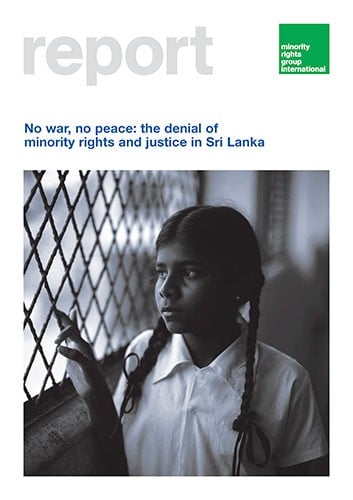
Divided and weakened: The collapse of minority politics in Sri Lanka
Minority participation is a key component of any well-functioning democracy. With Sri Lanka’s history of violent conflict, it is critical to ensure that minority communities benefit from the democratic process and are successful in their political aspirations. The landmark victory of the National People’s Power alliance in the 2024 parliamentary election has to a great extent pushed all political parties in Sri Lanka to rethink their politics and reconfigure their parties.
Yet Sri Lanka’s previously vibrant and successful minority political landscape is collapsing, crushed by years of structural majoritarian nationalism and stunted by a lack of vision, identity and leadership within minorities’ own political parties. Proponents of extreme Sinhala-Buddhist nationalism have successively implemented different strategies ranging from sowing division within ethnic minority parties to completely curtailing these parties from acting in the interest of the communities they represent. Minority parties have experienced fragmentation, driven by ineffective leadership, allegations of corruption, and ideological divergences among their members. These issues have resulted in disarray, division and a loss of credibility.
This report offers a detailed overview of Sri Lanka’s electoral history since independence alongside unique analysis of minority representation. It discusses the challenges ethnic minority parties and minority candidates face in national politics and analyse how minority voter constituencies are evolving and influencing national politics. Among detailed recommendations, it warns that decisive leadership and firm commitments to minority rights are critical to ensure that transformations to minority political representation in Sri Lanka do not limit justice and equality and lead to new ethnic grievances.





